Canadian aerospace company AVSS (Aerial Vehicle Safety Solutions) has successfully completed third-party testing requirements for its PRS-M30 parachute recovery system under the newly updated ASTM F3322-24a standard. This certification represents a significant development for DJI M30 Series operators seeking to conduct Legal flights over populated areas.
New Standard Compliance Opens Operational Doors
The ASTM F3322-24a standard, published in December 2024, serves as the critical benchmark for determining whether drone parachute systems can adequately protect people on the ground during aircraft failures. The updated standard increases testing requirements from 45 to 49 tests, reflecting the industry’s growing emphasis on safety as drone operations expand into populated environments.
Completing this rigorous testing protocol enables AVSS to provide DJI M30 Series operators with a pathway to conduct legal flights over people in numerous jurisdictions worldwide. This capability substantially expands the operational envelope for professional drone pilots who previously faced significant regulatory hurdles.
Timely Release for Public Safety Applications
The certification timing is particularly advantageous for U.S. public safety agencies following recent changes to the FAA’s regulatory framework. The new Certificate of Waiver (COW) process for Drone-as-Responder (DFR) operations in Shielded Operations represents a marked improvement over the previous Certificate of Authorization (COA) approach.
According to the Drone Responders leadership team, this streamlined process reduces approval times from months to weeks, significantly accelerating adoption timelines for public safety departments. The new self-select checklist specifically requires an ASTM F3322-compliant parachute recovery system for any unmanned aircraft weighing more than 0.88 pounds that will operate over people in non-emergency situations.

Market Availability and Production Timeline
AVSS moved quickly to capitalize on the certification, shipping the first batch of PRS-M30 systems to customers and dealers across North America and Europe on March 28th, the same day testing concluded. The company is now accepting additional orders for delivery throughout the second quarter of 2025.
This rapid transition from testing to distribution demonstrates the strong market demand for compliant safety systems that unlock regulatory pathways for expanded drone operations. The PRS-M30 joins AVSS’s existing portfolio of recovery systems designed for various DJI platforms, including the M3D and M3TD for Dock 2, M200, Mavic 3 Enterprise, M300 RTK, and M350 RTK.
Regulatory Implications Beyond U.S. Borders
While the FAA’s new COW process highlights the importance of ASTM F3322 compliance in U.S. operations, the international recognition of this standard means the PRS-M30’s certification carries global significance. Numerous regulatory bodies worldwide acknowledge the ASTM F3322 testing protocol as a valid means for enabling flights over people.
This international acceptance provides multinational operators with a consistent safety approach across various jurisdictions, potentially simplifying complex compliance requirements for organizations operating in multiple Countries.
Technical Analysis and Implementation Considerations
The ASTM F3322-24a testing regime evaluates multiple aspects of parachute system performance, including deployment reliability, descent rate, stability, and overall effectiveness in various failure scenarios. Successfully meeting these requirements indicates the PRS-M30 can reliably deploy and reduce impact energy to levels deemed acceptable for safety.
For operators integrating this system, understanding its deployment characteristics, weight considerations, and maintenance requirements will be essential for maintaining compliance and ensuring continued operational safety. While AVSS has not published the specific technical parameters of the PRS-M30, proper integration will likely require specialized training and operational procedure adjustments.
Industry Impact and Future Outlook
This certification represents another step in the Drone Industry‘s ongoing maturation process, where safety systems increasingly enable expanded operational capabilities. As more aircraft-specific parachute systems achieve ASTM F3322-24a compliance, we can expect to see broader adoption of drone operations in populated environments across commercial, industrial, and public safety applications.
The growing availability of compliant safety systems also suggests a potential future shift in regulatory frameworks, possibly leading to more standardized permissions for flights over people rather than the current waiver-based approach. This evolution would align with the industry’s trajectory toward routine, integrated operations in complex environments.
For professional operators, particularly those in public safety who can leverage the new FAA COW process, the availability of compliant systems like the PRS-M30 represents a significant operational advantage that could accelerate drone program development and deployment throughout 2025.
Photos courtesy of AVSS.
Discover more from DroneXL.co
Subscribe to get the latest posts sent to your email.
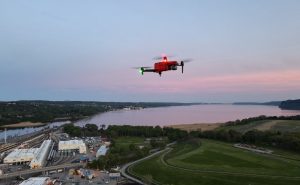
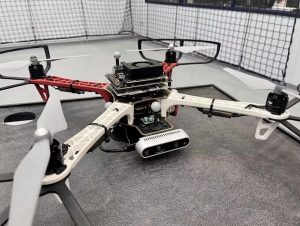
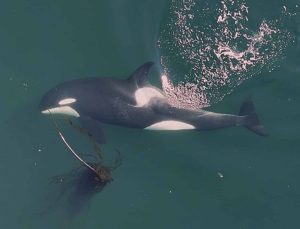
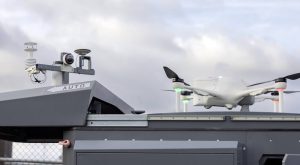



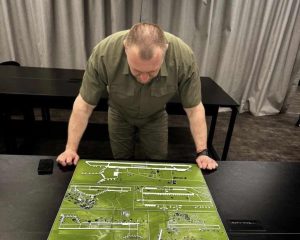
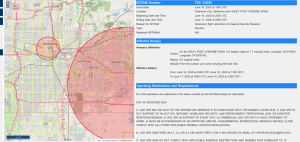
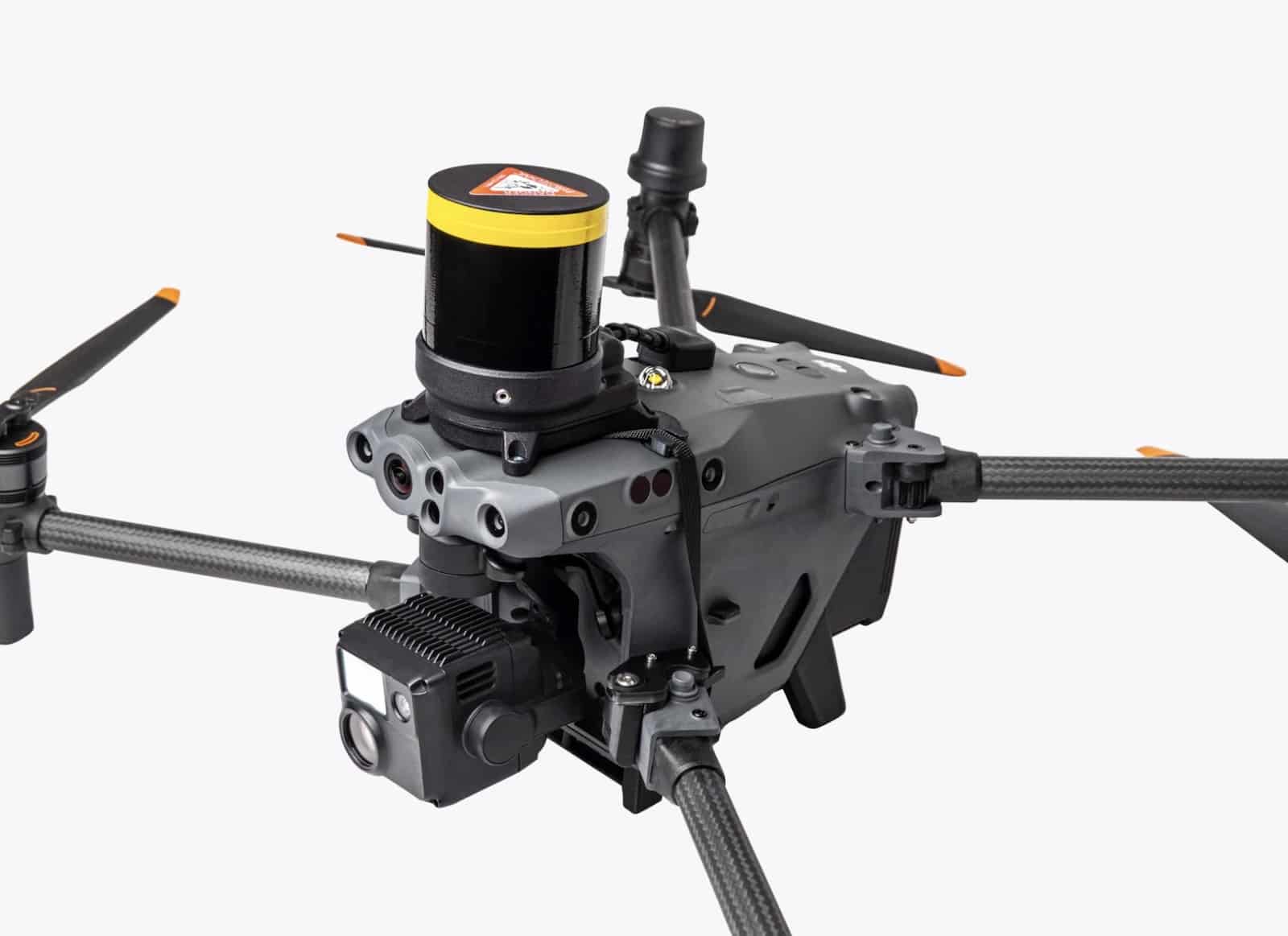

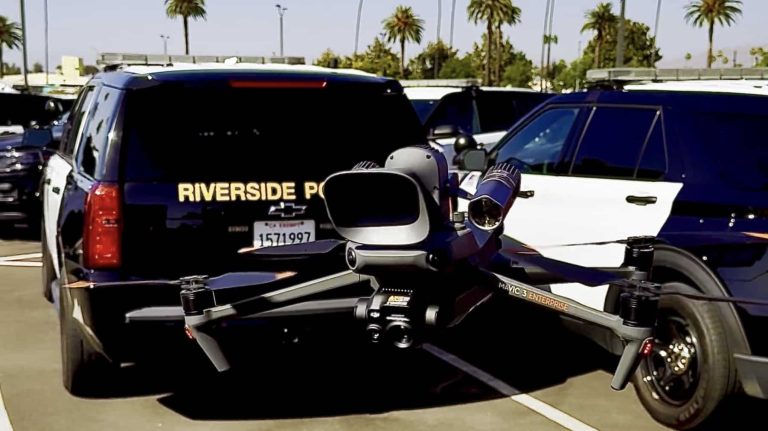
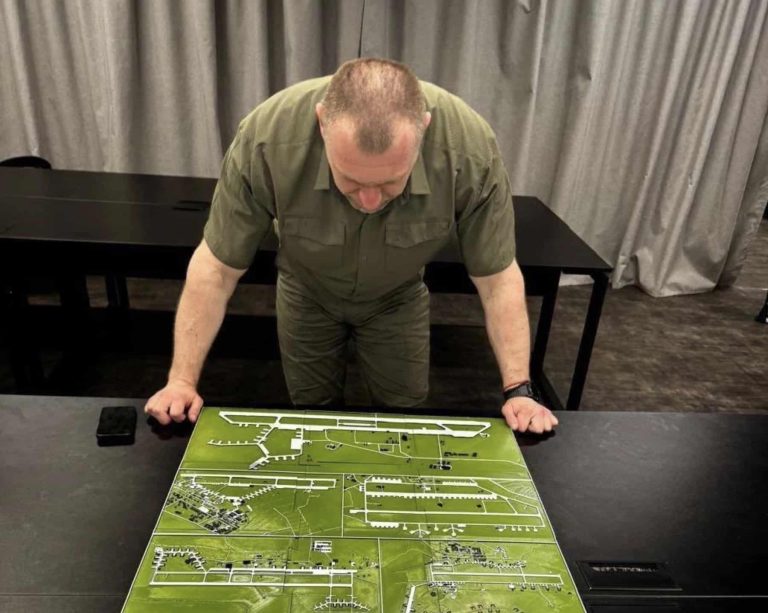
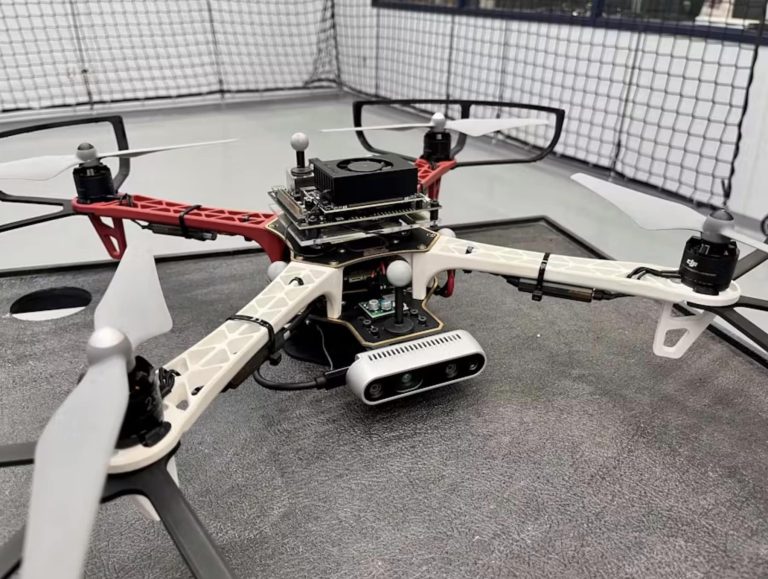
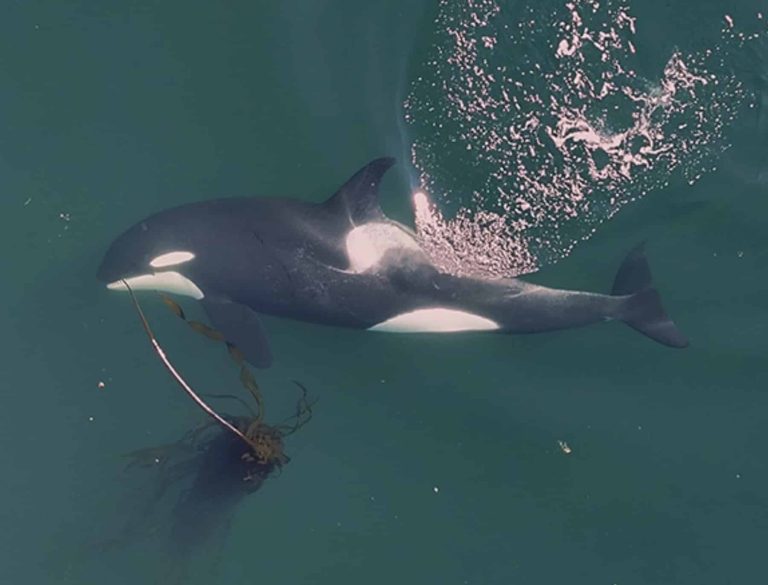
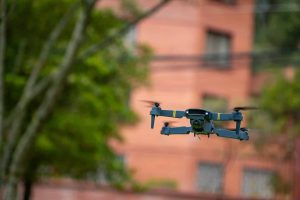
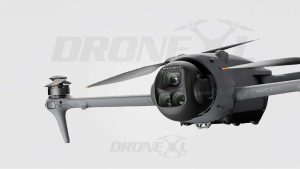
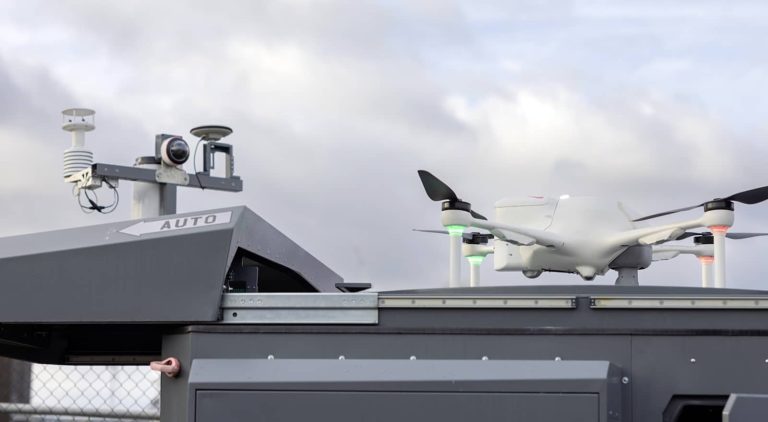


+ There are no comments
Add yours